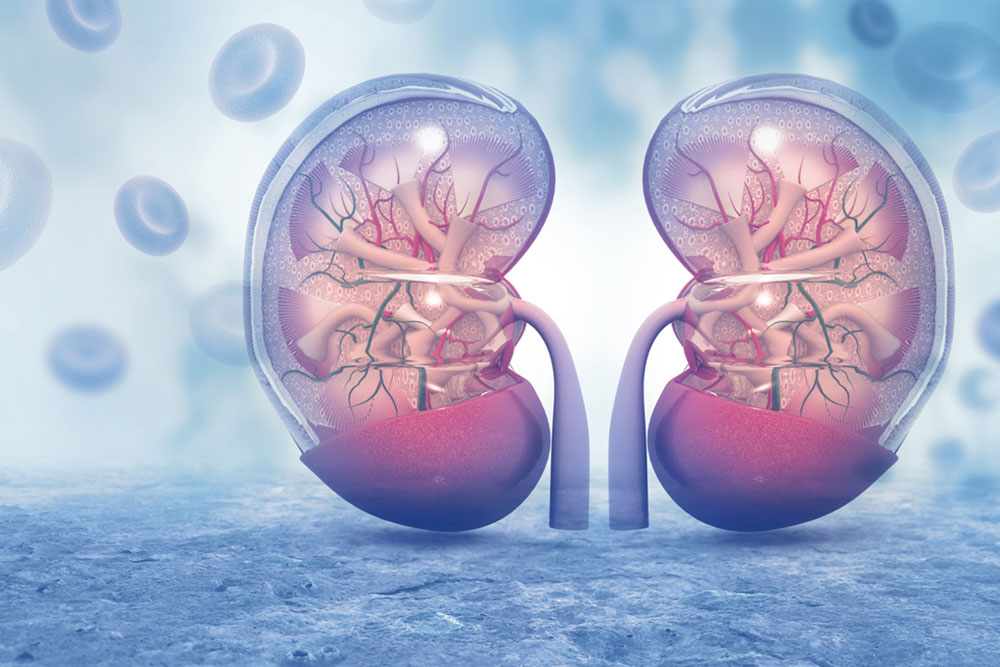
Major causes of renal cancer and its symptoms
Cancer that originates in the kidneys is known as renal cancer or kidney cancer; 90% of adult renal cancers can be categorized as renal cell carcinoma. In children, kidney cancer is more likely to take the form of a condition called Wilms’ tumor. Kidney cancer is often diagnosed in its early stages when the tumors are small and confined to the kidneys. A late diagnosis can make treatment more difficult. Hence, it is important to be able to recognize the symptoms associated with this condition.
Symptoms of renal cancer
In its early stages, kidney cancer often has no discernable symptoms. Cancer detected at this stage is mostly a result of routine health checkups. A CT scan is the most common test through which kidney cancer is detected.
As the tumor grows bigger, signs and symptoms may begin to appear. The most common among these are as listed:
- Urine that appears pinkish or red because of the presence of blood
- Persistent pain in the back or side of the body
- A lump at the side or near the abdomen
- Loss of appetite
- Tiredness
- Unexplained weight loss
- Intermittent fever that is not caused by any other infection
- Anemia
- Swelling in the legs or ankles
In the later stages of the condition, the tumor may spread to other parts of the body. In such cases, it may cause symptoms such as the following:
- Pain in the bones
- Shortness of breath
- Blood in the phlegm being coughed up
Causes of renal cancer
The exact cause of renal cancer is not yet clear. What is known is that this form of cancer is the result of a mutation in the DNA structure of some cells in the kidney. As a result of the mutation, the cells multiply at a much faster rate and have an increased lifespan. As the cells keep multiplying without dying, they form tumors.
In some instances, some of the cells in the tumor may break off and be transported to other parts of the body. They can then form tumors in other organs, which is known as metastasizing.
Though the exact cause of this mutation is not known, certain factors have been identified that increase a person’s risk of kidney cancer. They include the following:
- Older people have a higher risk of renal cancer as compared to younger people
- Smokers have a higher risk of kidney cancer, but this risk reduces once the person quits smoking
- Obesity
- Hypertension
- People who need long-term dialysis for kidney failure are at high risk of kidney cancer.
- Certain genetically inherited syndromes such as von Hippel-Lindau disease, tuberous sclerosis complex, Birt-Hogg-Dube syndrome, familial renal cancer, or hereditary papillary renal cell carcinoma increase the risk of kidney cancer.
- Exposure to substances such as cadmium or some herbicides
- Even if the person does not have an inherited syndrome, they may be at high risk of kidney cancer if other members of their family have been diagnosed with the condition.



